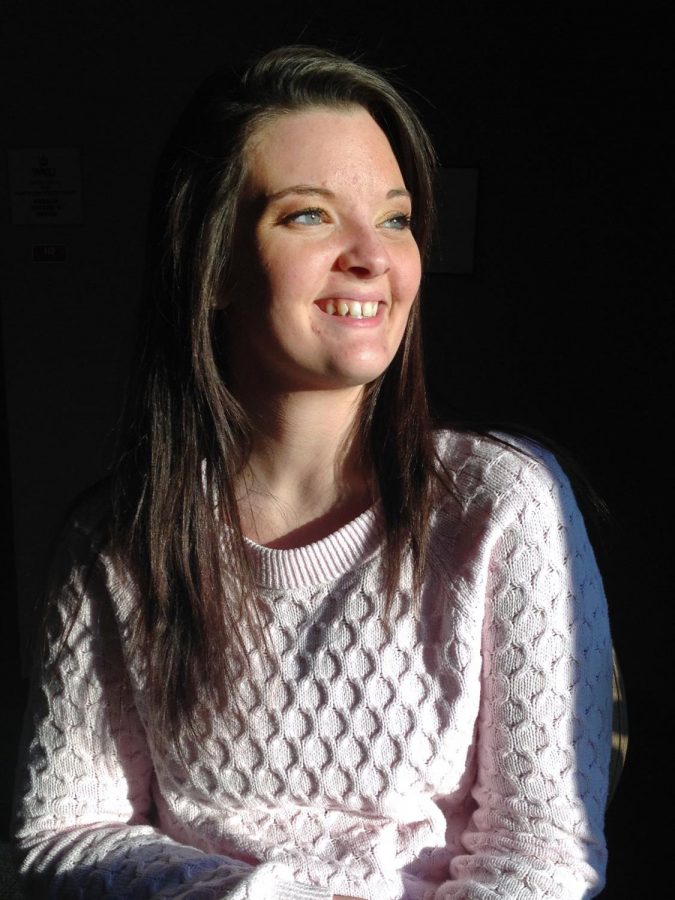Checking Up: Join the fight to end Alzheimer’s disease
November 19, 2015
Alzheimer’s disease steals life and memories. It disorients, confuses and makes life more difficult to live. Organizations across the country are fighting for a cure and funding research to end Alzheimer’s. If you have a brain, you are at risk.
The Alzheimer’s Association says the disease is among the top 10 causes of death in America but that there is no treatment to cure it, slow its progression or even prevent it. This is a horrifying thought. The disease is debilitating both mentally and physically.
Alzheimer’s worsens over time. In its early stages, it can cause memory loss, which is usually mild. In its later stages, it causes more extreme memory loss, reduction in the ability to hold a conversation and an inability to respond to stimuli in the surrounding environment.
This year alone, according the Alzheimer’s Association, approximately 5.3 million Americans have Alzheimer’s disease. The number continues to grow, and it is suspected by the year 2050, there will be about 13.8 million Americans suffering from Alzheimer’s.
Since this is such a rapidly growing disease, there are many organizations — even a few on WKU’s campus — that advocate finding a cure. The Phi Gamma Delta fraternity’s Chi Eta chapter on campus raises money for Alzheimer’s research through its annual Purple Run. The Sigma Kappa sorority also hosts several events, including the Walk to End Alzheimer’s, each year to help spread awareness and raise money to end the disease.
Having this disease is debilitating, but there are many other facets to the Alzheimer’s fight. The Alzheimer’s Association has assigned colors that represent these different facets. The color blue means, “I have Alzheimer’s.” Purple symbolizes, “I have lost someone to Alzheimer’s,” while yellow means, “I am supporting or caring for someone who has Alzheimer’s.” The color orange means, “I support the cause and a vision of a world without Alzheimer’s.”
Alzheimer’s has to potential to touch all of our lives at some point whether it impacts someone close to us or even ourselves. Since November is Alzheimer’s Awareness Month, we as a campus can make a choice to support the fight to end Alzheimer’s.

























